Decentralisation : Meticulous Management For Local Development
- Par Godlove BAINKONG
- 04 Nov 2022 14:30
- 0 Likes
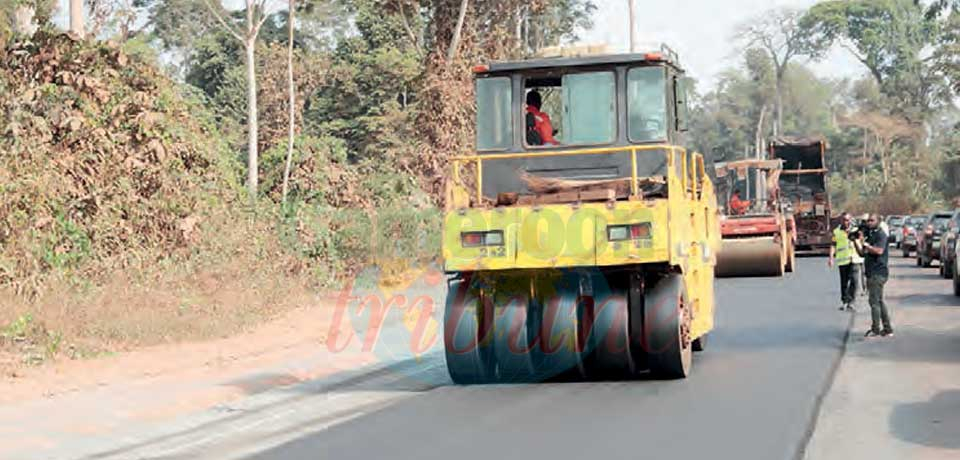
The New Deal Regime has over the years put in place administrative and legal instruments to fast-track the process even though making needed resources handy still remains a challenge.
As the New Deal Regime with President Paul Biya at the helm fêtes four decades of its rule in Cameroon this November 6, 2022, one of the areas of satisfaction which will undoubtedly send supporters jubilating for, is certainly the decentralisation process in the country. Obviously so as it is one of the areas in which the regime has been steadily making progress with functional administrative and legal instruments likewise all the institutions fully in place.
In effect, the November 6, 1982 hero - President Paul Biya, has been constant with a view that working for a people without them could be misconstrued to mean working against them. The population’s repeated desire to be more closely involved in the management of their local affairs pushed the regime to take necessary measures to fast-track the decentralisation process.
The January 18, 1996 Constitution which amended the Constitution of 2 June, 1972 stating in its Section 1 (2) that, “The Republic of Cameroon shall be a decentralised unitary State,” has seen progressive implementation, but at least for the issue of decentralisation, the legal instrument has been respected to the letter. The 2022 fiscal year that is drawing to its close will go down the annals of history as the year when Regions that constitute the last institution in the decentralisation machinery effectively went functional with their first budgets voted.
To ease the implementation of the decentralisation process, the New Deal Regime can boast of the December 24, 2019 Law to Institute the General Code of Regional and Local Authorities, a whole Ministry in charge of Decentralisation and Local Development and a National Decentralisation Board. While the ministry plays the supervisory role, the law gives orientations while the Board is responsible for monitoring and evaluating the implementation of the decentralisation process. This explains why the Board has as responsibility to submit to the President of the Republic an annual report on the status of decentralisation and the functioning of local services and propose to the country’s Chief Executive strategic guidelines for steering the decentralisation process, among other wide-ranging areas of competences.
Like President Paul Biya underlined during his State-of-the-nation’s address to his compatriots on December 31, 2021, “overall, regionalisation is being implemented countrywide and cont...
Cet article complet est réservé aux abonnés
Déjà abonné ? Identifiez-vous >
Accédez en illimité à Cameroon Tribune Digital à partir de 26250 FCFA
Je M'abonne1 minute suffit pour vous abonner à Cameroon Tribune Digital !
- Votre numéro spécial cameroon-tribune en version numérique
- Des encarts
- Des appels d'offres exclusives
- D'avant-première (accès 24h avant la publication)
- Des éditions consultables sur tous supports (smartphone, tablettes, PC)






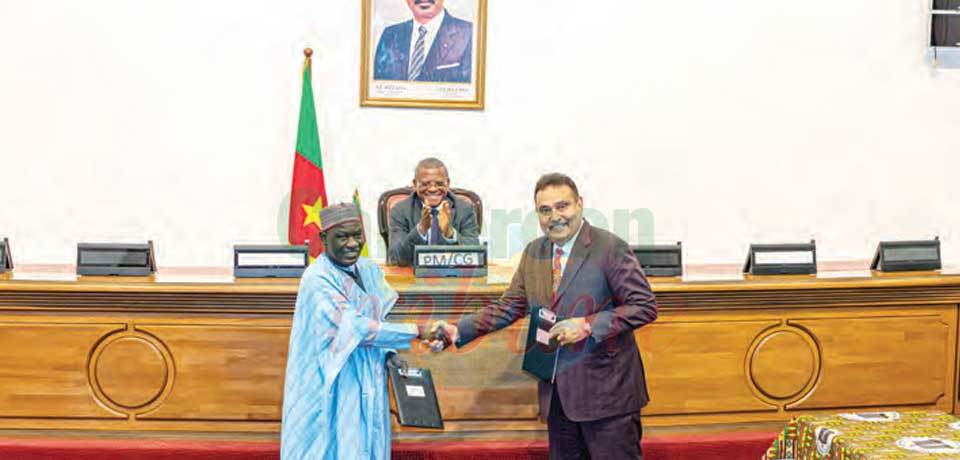
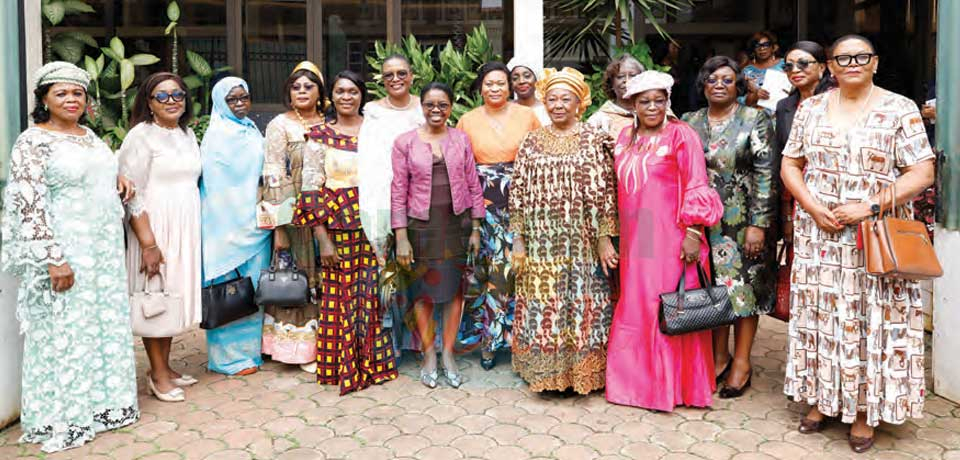
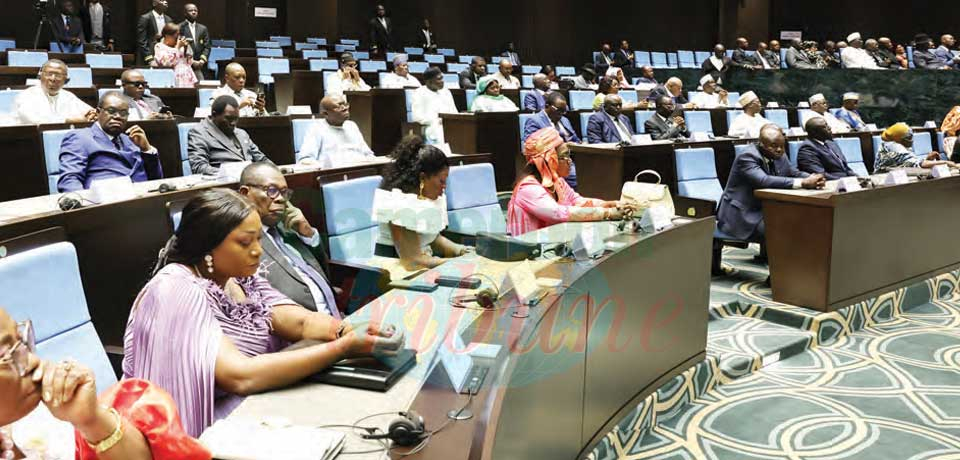
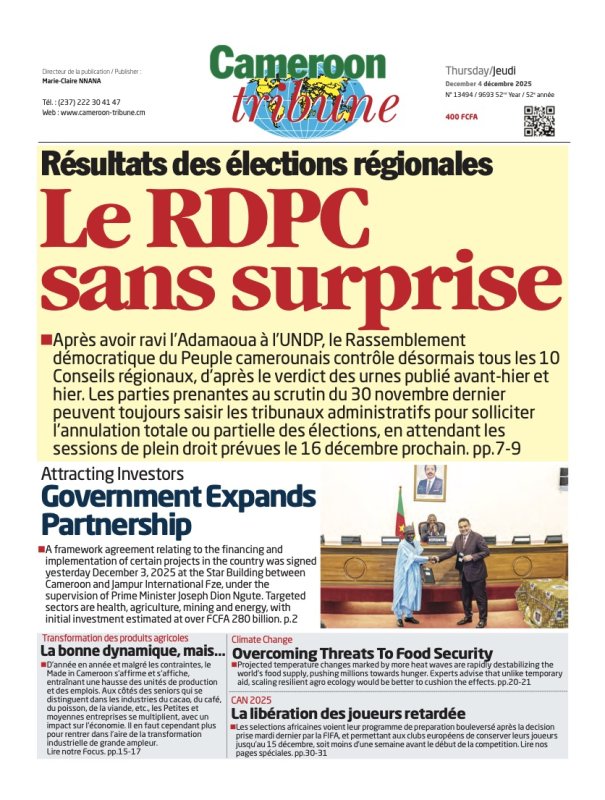




Commentaires